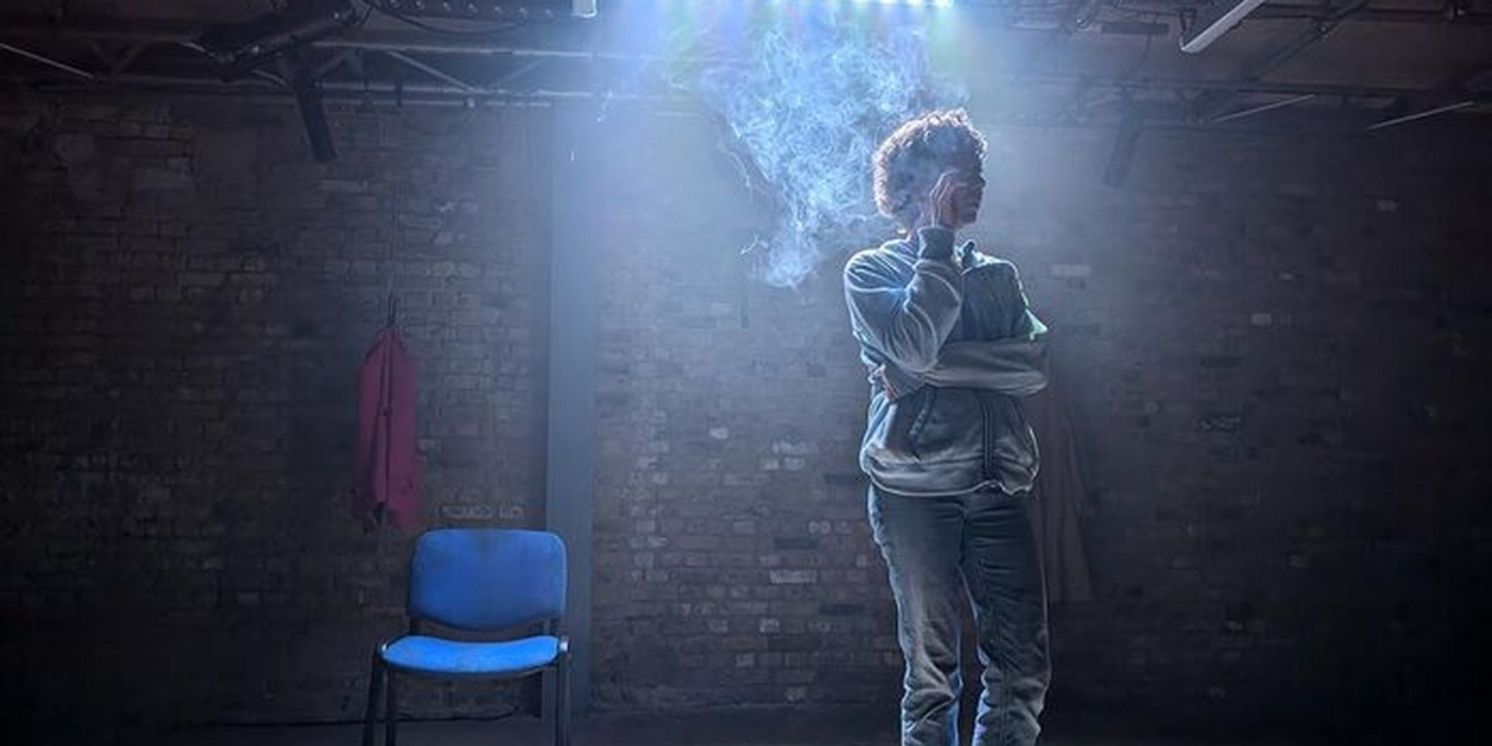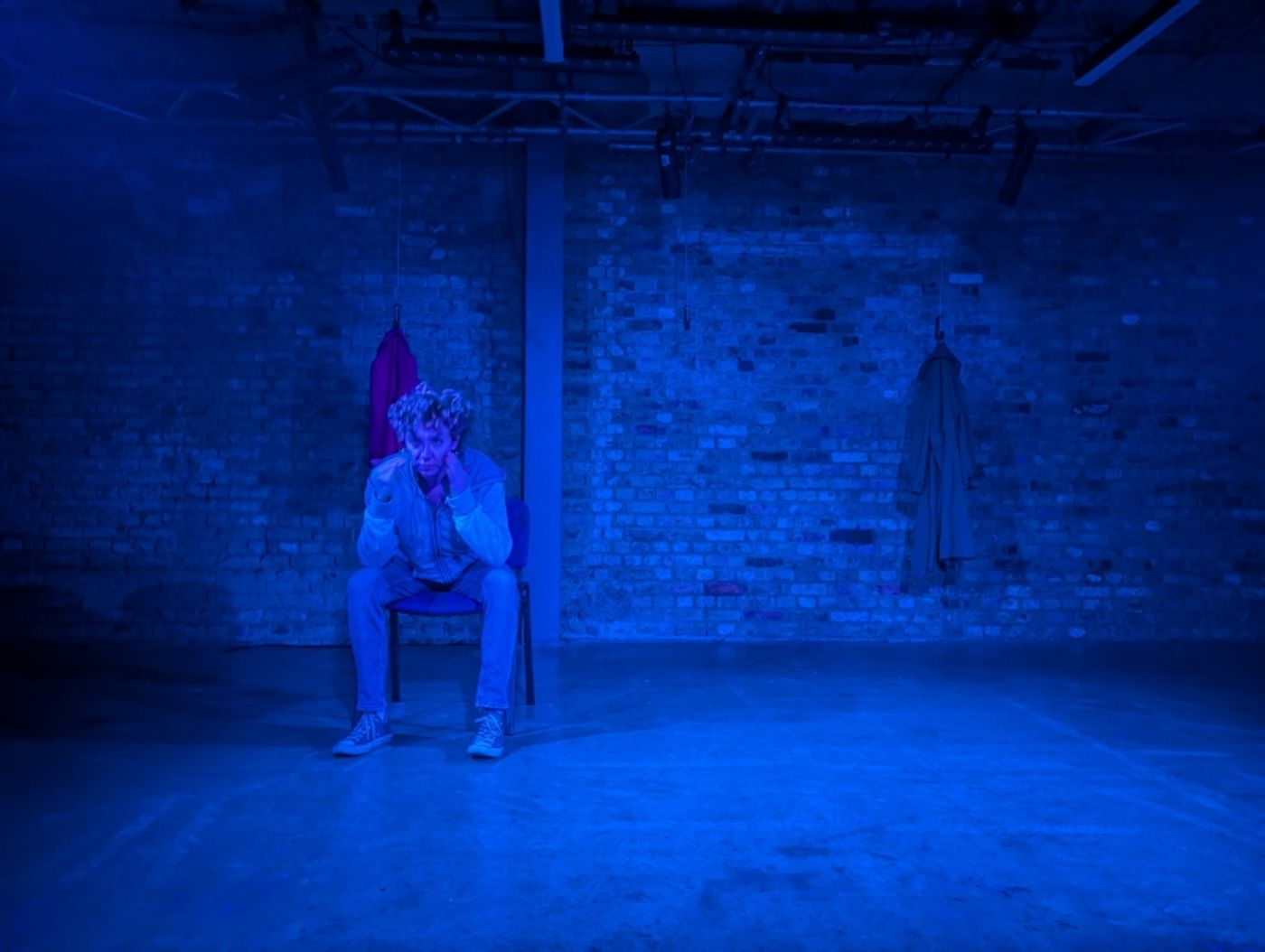Review: SURRENDER, Arcola Theatre
A thought-provoking piece of theatre which asks questions about society and the establishments meant to safeguard those within it

![]() A woman’s story is a valuable thing, the trials of experience typically being viewed as under discussed even within modern literature. Amongst these trials are the very real challenges that come with raising a baby, especially when a single parent.
A woman’s story is a valuable thing, the trials of experience typically being viewed as under discussed even within modern literature. Amongst these trials are the very real challenges that come with raising a baby, especially when a single parent.
Told through non-chronological snippets, this is the central premise of Sophie Swithinbank’s Surrender. A one-woman play, directed by Swithinbank and Phoebe Ladenburg, this is a thought-provoking piece of theatre which asks questions about society and the establishments meant to safeguard those within it.
Debuting prior to a run at the Edinburgh Fringe, the play utilises the somewhat utilitarian space of the Arcola to its advantage, encouraging the idea of a prison through limited set and harsh lighting.
Beginning in a prison, the play introduces the central premise of the story fairly swiftly, but does not truly explain how the woman ended up there until the final moments, keeping the audience guessing throughout. The writing is self-aware, reflecting upon this in one of the various moments of direct address.

Actor Phoebe Ladenburg regularly makes eye contact with audience members and even engages with the tech box, breaking the fourth wall with a deliberateness that feels Brechtian and reminiscent of Fleabag. The audience is encouraged to consider the situation throughout, through the unnerving experience of eye contact and provoking questions and statements. Ladenburg’s overall performance is strong, the actor being able to fluctuate between extremely different emotional states with rapidity and ease.
The need for such a fluctuation comes from the writing itself, the non-chronological nature providing a chaotic atmosphere to the overall performance. There is a suddenness to the changes between scenes, the switches often coming in the middle of a tense moment, leaving it unfinished.
Lighting designer Stacey Nurse has emphasised these switches through changes in lighting state, which are often accompanied by Dominic Brennan’s minimalist but effective sound design. The set itself is a bare minimum - being merely a chair and a handful of props and costumes. Given this lack of staging, both of these elements help to guide the audience through the story, allowing them to identify precisely which location and point in the story they have now reached. The writing itself can be described as beautiful, almost becoming poetry at some points, before descending back into the angry refrains of a frustrated woman.
Ultimately, this is the story of an unreliable narrator, a reflection upon society and upon truth. Although it is told through a single voice, through moments of voice over we gain a snapshot of another point of view. It begs the question of how to identify the truth in a situation though never presenting a straightforward answer, rather the audience must decide for themselves.
It is certainly a thought-provoking piece which fits seamlessly into the Fringe style, mixing simplicity of setting with a complexity of form and content. The exploration of mental health is perhaps never truly labelled, but is present in every scene, the deterioration of the mother’s mental state being clear to see. The play is confident in the issues that it explores, understanding their value and always probing at the situation.
Surrender is at the Arcola Theatre until 13 July
Photo Credit: Arcola Theatre
Reader Reviews
Videos

